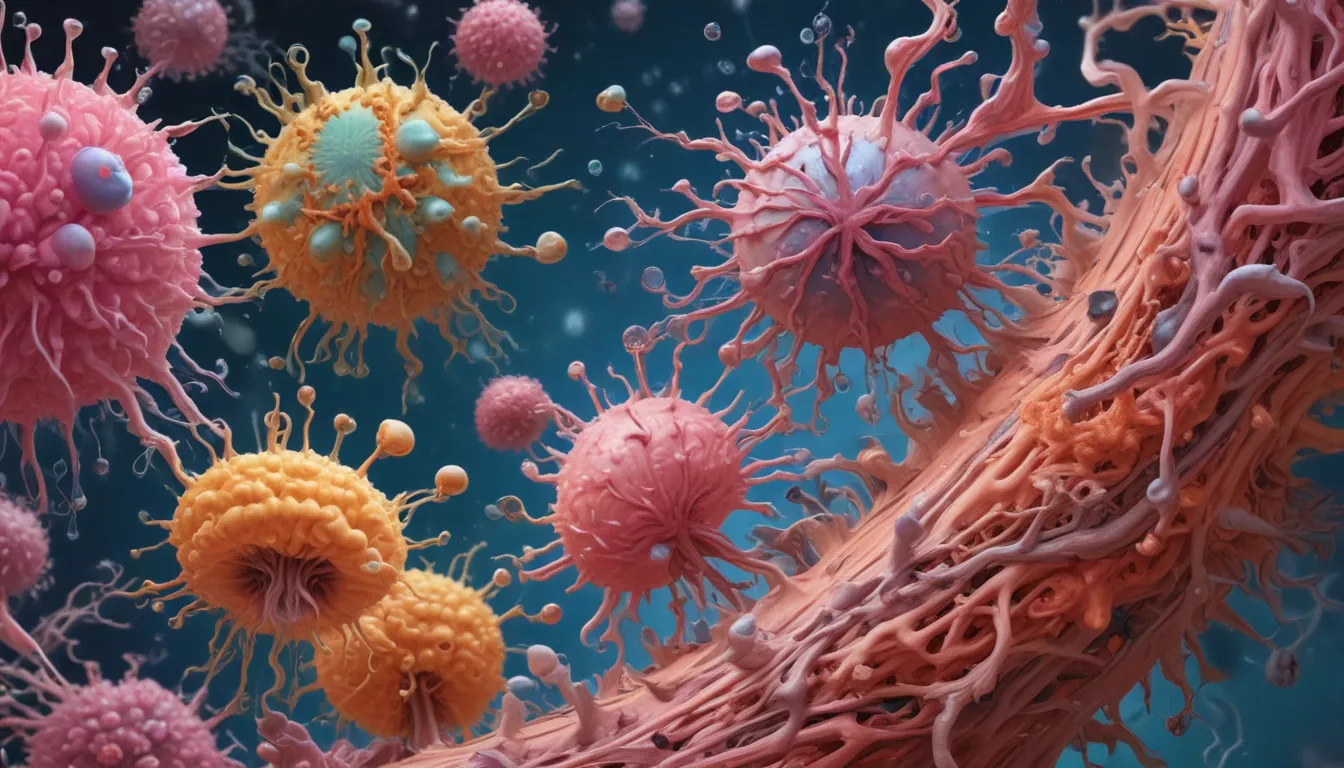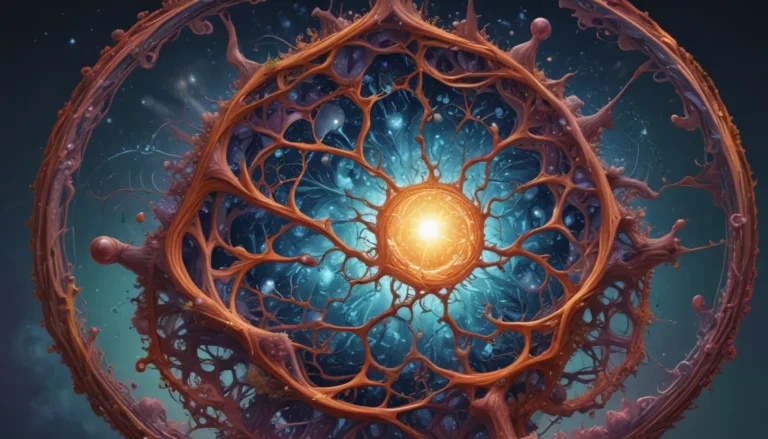A Note About Images: The images used in our articles are for illustration purposes only and may not exactly match the content. They are meant to engage readers, but the text should be relied upon for accurate information.
Introduction:
Immunoglobulins, also known as antibodies, are essential components of our immune system, diligently safeguarding our bodies against harmful invaders. With their diverse structures and functions, these remarkable proteins play a vital role in maintaining our health and well-being. In this article, we will delve into 13 captivating facts about immunoglobulins that will enhance your understanding of their significance in immune health. Let’s embark on a journey to explore the intriguing world of immunoglobulins and discover why they are indispensable in the defense against diseases.
Key Takeaways:
- Immunoglobulins, or antibodies, are intricate proteins that serve as the body’s defense system, targeting and neutralizing foreign pathogens to protect our health.
- These versatile molecules have unique abilities, from providing long-lasting immunity to aiding in diagnostic testing for infections and disorders.
Exploring the Diversity of Immunoglobulins:
Immunoglobulins exist in five main types: IgA, IgD, IgE, IgG, and IgM, each with its distinctive structure and function within the immune response.
Guardians of the Body’s Defense System:
Functioning as the body’s frontline defenders, immunoglobulins bind to foreign invaders like bacteria and viruses, either marking them for destruction or preventing them from causing harm.
The Gift of Maternal Immunity:
During pregnancy, IgG antibodies can pass through the placenta, granting passive immunity to the unborn child and shielding them from certain diseases.
Specificity and Diversity in Action:
Immunoglobulins possess an exceptional ability to recognize and bind to specific targets called antigens, enabling them to effectively neutralize a broad spectrum of pathogens.
Unveiling the Y-Shaped Structure:
The fundamental structure of an immunoglobulin resembles a Y, composed of two heavy chains and two light chains, facilitating precise binding to antigens.
Genetic Recombination for Diversity:
Through genetic recombination during B cell development, genes responsible for creating different types of immunoglobulins can combine, generating a vast array of antibodies.
Playing a Role in Allergies:
IgE antibodies are pivotal in allergic reactions, as they bind to allergens and trigger the release of histamines, leading to symptoms like sneezing and itching.
Embracing the Power of Memory:
Immunoglobulins provide long-term protection through memory B cells, which retain information from previous encounters with antigens, enabling a swift and robust immune response upon reinfection.
Harnessing Synthetic Antibodies:
In the laboratory, scientists can produce monoclonal antibodies, identical copies of a single antibody type, with diverse medical applications such as cancer treatment and autoimmune disease management.
Unraveling the Mystery of Autoimmune Diseases:
In autoimmune disorders, the immune system mistakenly attacks the body’s cells, producing autoantibodies, or immunoglobulins that target self-antigens.
Understanding Half-Lives:
Immunoglobulins have varying lifespans, with IgG antibodies lasting approximately 21 days and IgE antibodies having a shorter half-life of around 2 days.
Diagnostic Potential of Immunoglobulins:
Testing for specific immunoglobulins in the blood aids healthcare professionals in diagnosing infections, allergies, and autoimmune conditions.
The Role of Immunoglobulins in Vaccination:
Vaccinations stimulate the production of targeted immunoglobulins, providing protection against infectious agents.
In conclusion, immunoglobulins serve as indispensable warriors in our immune system, safeguarding us against pathogens and diseases. By delving into the captivating facts about these proteins, we gain a deeper insight into the intricacies of our immune defense mechanisms and pave the way for innovative therapies and preventative measures. Through ongoing research and exploration, we continue to unravel the mysteries of immunoglobulins, opening doors to advancements in immunotherapy and disease prevention.
FAQs:
Q: What are immunoglobulins?
A: Immunoglobulins, or antibodies, are proteins produced by the immune system to identify and neutralize foreign substances such as bacteria, viruses, and toxins.
Q: How many classes of immunoglobulins are there?
A: There are five main classes of immunoglobulins: IgG, IgA, IgM, IgD, and IgE, each playing unique roles in the immune response.
Q: What is the structure of immunoglobulins?
A: Immunoglobulins feature a Y-shaped structure comprising two heavy chains and two light chains connected by disulfide bonds.
Q: How do immunoglobulins contribute to the immune response?
A: Immunoglobulins bind to specific antigens on pathogens, flagging them for destruction by the immune system while activating other immune components.
Q: How are immunoglobulins utilized in medical treatments?
A: Immunoglobulins find applications in medical therapies like intravenous immunoglobulin (IVIG) for immune deficiencies and autoimmune diseases, as well as monoclonal antibody treatments for various conditions.
Q: Can immunoglobulins be transferred between individuals?
A: Yes, immunoglobulins can be transferred through blood transfusions, plasma donations, or the transmission of colostrum from a mother to her newborn.
Q: How are immunoglobulin levels measured?
A: Immunoglobulin levels can be assessed through blood tests, aiding in the diagnosis of immunodeficiency disorders and monitoring treatment effectiveness.
Embark on a journey of discovery with immunoglobulins as we unravel the intricate workings of our immune system’s defenders. By understanding the diverse functions and capabilities of these proteins, we gain a profound appreciation for their indispensable role in maintaining our health and well-being. Join us on this explorative endeavor to unlock the secrets of immunoglobulins, the unsung heroes of our immune defense network.





